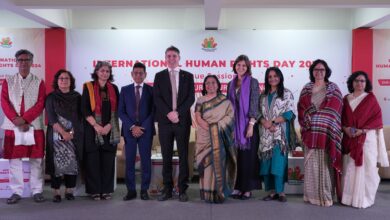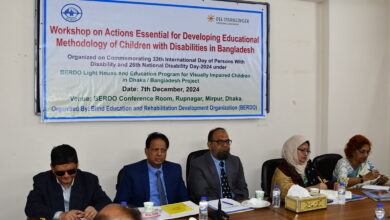Refugees in Bangladesh do not want to return to Myanmar without citizenship
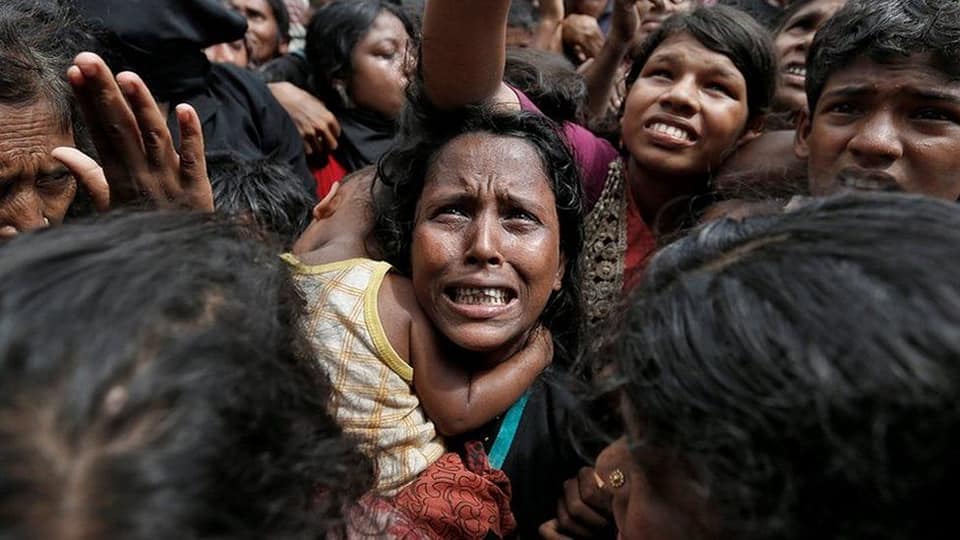
Farhana Nila : They now number more than a million, but the Rohingya refugees who are now in camps in Bangladesh may not be returning to their homes across the border anytime soon. Still, recent pronouncements from Myanmar’s civilian National Unity Government (NUG) indicate that the Rohingya are finally being heard by leaders in what they consider their homeland.
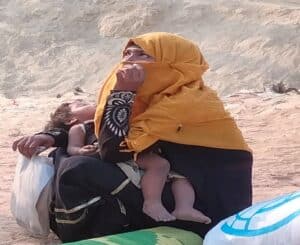
The Rohingya themselves have said they are open to returning to Rakhine — but only if their safety is guaranteed, at the very least. Says Huma, a Rohingya at the Kutupalong camp at Cox’s Bazar in southeast Bangladesh: “This is the second time I have fled here in Bangladesh. Most of my family was killed by the Myanmar military. I don’t want to go back because I don’t want to my children to face the same risk that I did.”
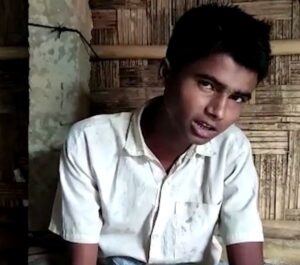
Zilani, a 14-year-old Rohingya, adds, “I’m very scared when I hear that I will be sent back to Myanmar. I think they will torture me a lot when I go back there…Here I can go to school. I can play independently with others. I don’t want to go back to Myanmar.”
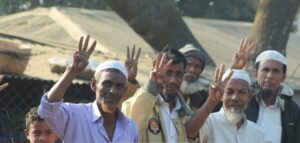
Five major demands
Some Rohingya at the camps, however, have put together a few more demands that they want met before they consider repatriation. In August 2019, the Rohingya even held a rally to make their demands known to the representatives of foreign organizations who were visiting the camps at the time. According to the Arakan Rohingya Society for Peace and Human Rights (ARSPH), these demands are:
- The passage of a law in Myanmar’s parliament recognizing Rohingya as local, since they are permanent residents of Arakan (Rakhine);
- Rohingya in Arakan should be given citizenship and issued identity cards;
- Rohingya should be taken back to their villages and the land confiscated from them returned;
- UN peacekeepers must be deployed in Arakan and with Rohingya police, to protect the Rohingya there; and
- Those who committed atrocities against the Rohingya should be tried by the International Criminal Court and not by a local court in Myanmar.
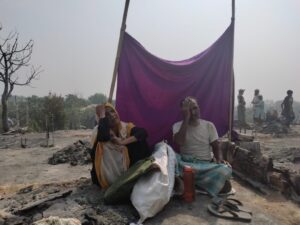
Arrival of refugees in Bangladesh
As early as 23 November 2017, Bangladesh and Myanmar had signed an agreement on Rohingya repatriation. This was followed by an agreement signed by the two countries on 16 January 2018, supposedly stipulating that repatriation would take no more than two years. Even then, however, the situation in Rakhine remained dangerous for the Rohingya, and most of the refugees refused to return to Myanmar. So far, Bangladesh has yet to repatriate a single Rohingya. Last 19 January, Bangladesh, Myanmar, and China held a virtual tripartite meeting on the Rohingya, but it yielded little result.
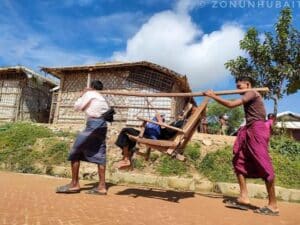
Talks and more talks
To be sure, Bangladesh has been eager to see them go home. Comments former Foreign Secretary Touhid Hossain; “The Bangladesh government has given shelter to the Rohingya. They have been living here safely for four years. But the government is not obliged to accept all the demands of the Rohingya. The government has taken several initiatives keeping in mind their safety…and in no way compelled them to return to their country. Now it is important to have a meeting between Bangladesh and Myanmar to take back the Rohingya as soon as possible. Of course, their safety must be taken into account.”
“The Bangladesh government has given shelter to the Rohingya. They have been living here safely for four years. But the government is not obliged to accept all the demands of the Rohingya. The government has taken several initiatives keeping in mind their safety…and in no way compelled them to return to their country. Now it is important to have a meeting between Bangladesh and Myanmar to take back the Rohingya as soon as possible. Of course, their safety must be taken into account.”
He concedes, however, that “the Myanmar army has been making various excuses on the issue of taking them back. In fact, there is no desire to take them back.”
In the meantime, no one among the Rohingya refugees in Bangladesh looks ready to budge just yet. Says Sadeq Alam, one of the Rohingya camp elders: “The Myanmar government cannot be trusted. They have broken faith many times before. We return only if we are given citizenship directly.”


